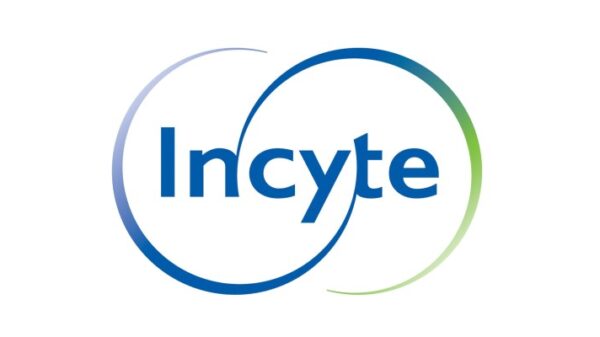In a surprising turn of events, Representatives Rashida Tlaib and Alexandria Ocasio-Cortez, two of the most vocal critics of Israel’s actions in the ongoing Gaza War, have yet to publicly acknowledge the ceasefire agreement brokered by President Donald Trump. This silence contrasts sharply with the reactions of other Democratic lawmakers who have expressed their sentiments regarding the conflict.
On October 7, 2023, the Gaza War escalated significantly, prompting widespread international concern. Following this escalation, Tlaib and Ocasio-Cortez both condemned Israel’s military actions, with Ocasio-Cortez accusing the Israeli government of committing genocide against the Palestinian people. During a speech on the House floor in March 2024, she stated that the United States was complicit in Israel’s actions by providing military aid, which she argued contributed to civilian casualties.
Democratic Reactions to the Ceasefire
While Tlaib and Ocasio-Cortez have been critical of Trump’s policies regarding Israel, other Democratic representatives have acknowledged the significance of the ceasefire agreement. Representative Delia Ramirez commented on the historic moment, stating, “Immediately after October 7, I called for a ceasefire and for a path that honors our shared humanity. It is unfortunate that it took this long.” She expressed hope that the ceasefire would lead to the safe return of hostages and end the suffering of the Palestinian people.
Despite the ceasefire, Tlaib’s previous statements reflect her ongoing concerns regarding the humanitarian crisis in Gaza. Shortly after the launch of the conflict, she called for a ceasefire, criticizing then-President Joe Biden for not facilitating a diplomatic resolution. Tlaib highlighted the tragic consequences of military actions, particularly in light of reports that over 500 Palestinians had died following Israeli airstrikes on a hospital.
In a post on social media, Tlaib remarked, “Your war and destruction only approach has opened my eyes and many Palestinian Americans and Muslims Americans like me. We will remember where you stood.” Her condemnation of Trump’s proposal to take over the Gaza Strip as “ethnic cleansing” further illustrates her strong opposition to current U.S. policies regarding Israel and Palestine.
Focus Shifts Amid Ongoing Issues
As discussions surrounding the ceasefire continue, the attention of both Tlaib and Ocasio-Cortez appears to have shifted towards the ongoing government shutdown, which has further complicated their ability to respond to the ceasefire. Ocasio-Cortez, who previously introduced legislation to prevent the U.S. from sending weapons to Israel, has been vocal about the need for a diplomatic solution to the crisis. She stated, “It is time for us to fight for a free Palestine, the release of the hostages, and a diplomatic solution to end the cycle of violence.”
While the ceasefire agreement may represent a turning point in the conflict, the silence from Tlaib and Ocasio-Cortez raises questions about their future engagement in discussions regarding U.S. policy in the region. Their previous criticisms of Trump’s administration and military support for Israel have been stark, making their current silence on this pivotal issue notable.
As the situation evolves, the focus remains on ensuring humanitarian aid reaches those affected in Gaza, while also holding accountable all parties involved in the violence, as emphasized by Representative Ramirez. She stated, “While this is a hopeful step, we must demand accountability for every war crime committed during this genocide and continue to call for an end to the occupation.”
The coming days will be crucial in determining how lawmakers navigate the complexities of U.S. involvement in the Israel-Palestine conflict and the broader implications for international relations.






































































